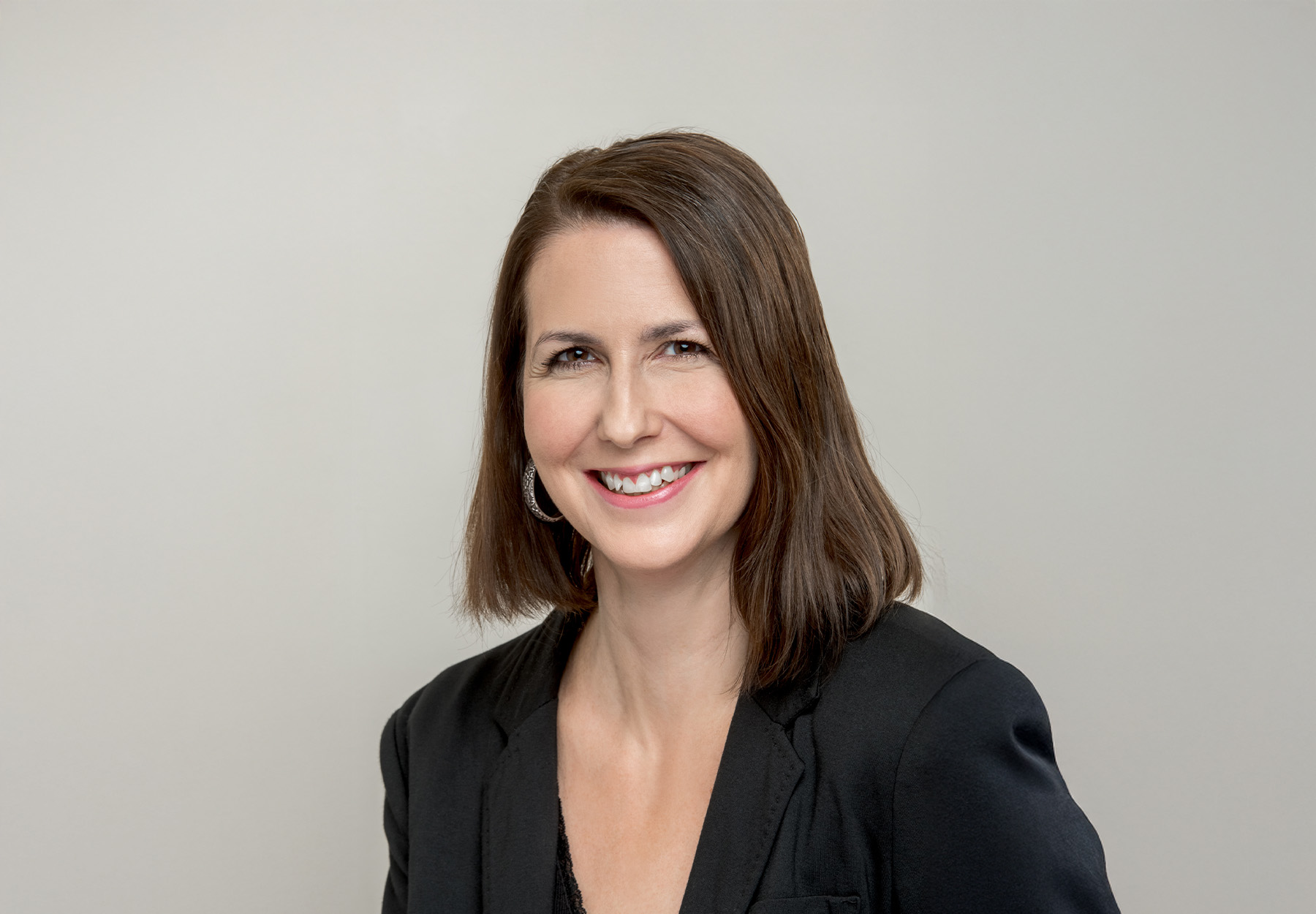International
Relations
About the programme
Sharpen your understanding of international affairs and global events by studying with us
Interested in diplomacy, international business, or making an impact through global organisations? Our MA in International Relations offers the perfect foundation. Study in a unique location where East meets West, surrounded by a multicultural environment that prepares you for an international career.
Our programme offers a curriculum carefully renewed to meet the challenges of today’s dynamic international landscape shaped by technology and data. Specialize in key areas such as global governance, terrorism, migration, climate change, digitalization and human rights, informed by advanced studies in Foreign Policy Analysis, Security Studies, International Law, Area Studies and International Political Economy.
Why choose the programme?
Wide range of career opportunities across policy analysis, diplomatic service, international consultancy, and roles within intergovernmental ( (UN, EU, NATO, OSCE, OECD) and non-governmental organisations.
Explore key topics including global governance, terrorism, migration, climate change, digitalisation and human rights.
Multicultural environment preparing you for international careers.
An open, international academic community with international staff, strong research profiles and frequent media contributions.
- Immerse yourself in a free-thinking academic community that encourages critical thought and debate.
- Develop practical skills by applying theoretical frameworks to real-world challenges via case studies, simulations and policy analysis.
- Participate in extracurricular activities (e. g. study trip to UN Vienna, workshops, conferences, etc.) that boost your professional skills and expand your network.
Details
Programme name International Relations
Programme award Master, MA
ECTS 120
Duration 4 semesters (2 years)
Teaching hours 10-16 hours/week
Includes internship No
Start date September 2026
Tuition fee (EEA)
850 000 huf/semester
1 700 000 HUF/year
cca. 2 100 EUR/semester
cca. 4 200 EUR/year
Tuition fee (Non-EEA)
3 400 EUR/semester
*The official price list can be found in the annex to the Regulation on Student Fees and Benefits.
Who is expected to attend the training
We welcome open-minded, highly motivated students from around the world who seek a deeper understanding of global affairs through a Central European lens and aspire to careers in diplomacy, international organizations, NGOs, or academic research.
Mobility window
Third semester is the best optionfor student mobility.

What will you study?
Year 1
Core Modules*
- Research Design and
- Academic Writing
- Comparative Foreign Policy
- Globalisation and Economic Power
- Major Powers in a Changing International Order
- Public International Law in Practice I & II
Year 2
Core Modules*
- Global Problems and Global Challenges
- Digital Transformations in
- International Relations
- Regime Types and Human Rights
- East Central Europe in the 21st Century
- Non-State Actors in International Relations
* The above is not an exhaustive list. Corvinus University of Budapest reserves the right to change modules.
International opportunities
Exchange programmes
Corvinus has nearly 200 partners worldwide, and depending on the type of funding, you can apply to study at these institutions.

Dr. Bernadett Lehoczki
Associate Professor
Programme Director

Ani Nadareishvili
Georgia
Student - International Relations
As a second-year MA student in International Relations, I’ve experienced an enriching journey of growth and discovery. Learning from the leading professionals who share their expertise has been a true honor. My experience at Corvinus has allowed me to develop my professional skills, enhance my potential, and become the best version of myself, for which I will be forever grateful.
Leading university
Rankings
#2 Best Business School in the region
EdUniversal Rankings
#351-400 in Business and Management
WUR Ranking by Subject
TOP 70 in Master’s in Finance in the world
Financial Times
Accreditations and networks


Career Opportunities
- Diplomat or public servant handling international affairs
- Officer or analyst at intergovernmental organizations (UN, EU, NATO, OSCE, OECD, and more)
- Advisor or practitioner at international NGOs (e.g., Oxfam, Amnesty International)
- Foreign policy analyst or journalist specializing in international affairs
- Various positions within multinational corporations or national companies